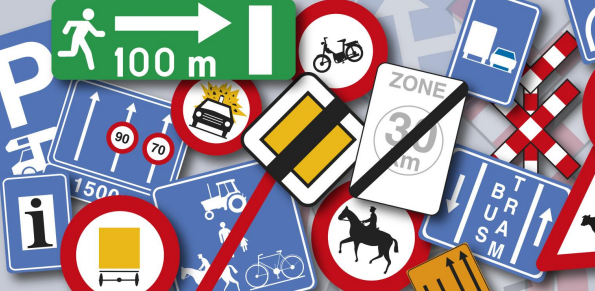Many fatalities and injuries from road accidents are predictable and can be avoided with improvements in road infrastructure, vehicle technology, human behaviour, education, and of course policy measures. Nonetheless, due to a potentially high cost of the implementation of measures for both the authorities and the road users, and the perception that the population is against new measures, policymakers are often hesitant to implement these in our daily lives. Therefore, ESRA developed a survey to discover the public support for potential new measures in road safety in 48 countries worldwide.
There are two main conclusions: Females and older people are generally more supportive of road safety measures, and cultures with a high level of “independence” are less in favour of new actions.
If we take a closer look at some more specific types of measures, we discover that policy measures against drunk driving are welcomed by a majority of respondents in almost all participating countries. Even the zero-tolerance measure, the least popular one for alcohol, receives support from two-thirds of the participants. Another type of measure that is highly supported in Europe is the obligated use of a helmet for all moped drivers and motorcyclists: 89.6% is in favour.
Reading the report, we discover a remarkable difference in two percentages for the use of reflective material in the dark. In Europe, 85.3% agree that cyclists should wear this material while being on the road, but only 57.7% believe that the same measure should be applied for pedestrians.
Distraction is the cause of many accidents, and we see that road users are aware of this danger. 34 out of the 48 countries are in favour of forbidding the use of any type of mobile phone by car drivers (hand-held or hands-free). Measures for pedestrians are less popular; only 18 countries support the prohibition of headphones or earbuds for pedestrians. The youngest age group (18 to 24) is the least in favour for measures against distraction.
The survey concludes that the level of public support for policy measures, most of which tend to limit personal freedom, is higher than what is often assumed by politicians. However, it is still important that policymakers inform the public of the relevance of new measures and the anticipated benefits, while also recognizing that there could be negative side effects like the limitation of freedom or even additional costs.
